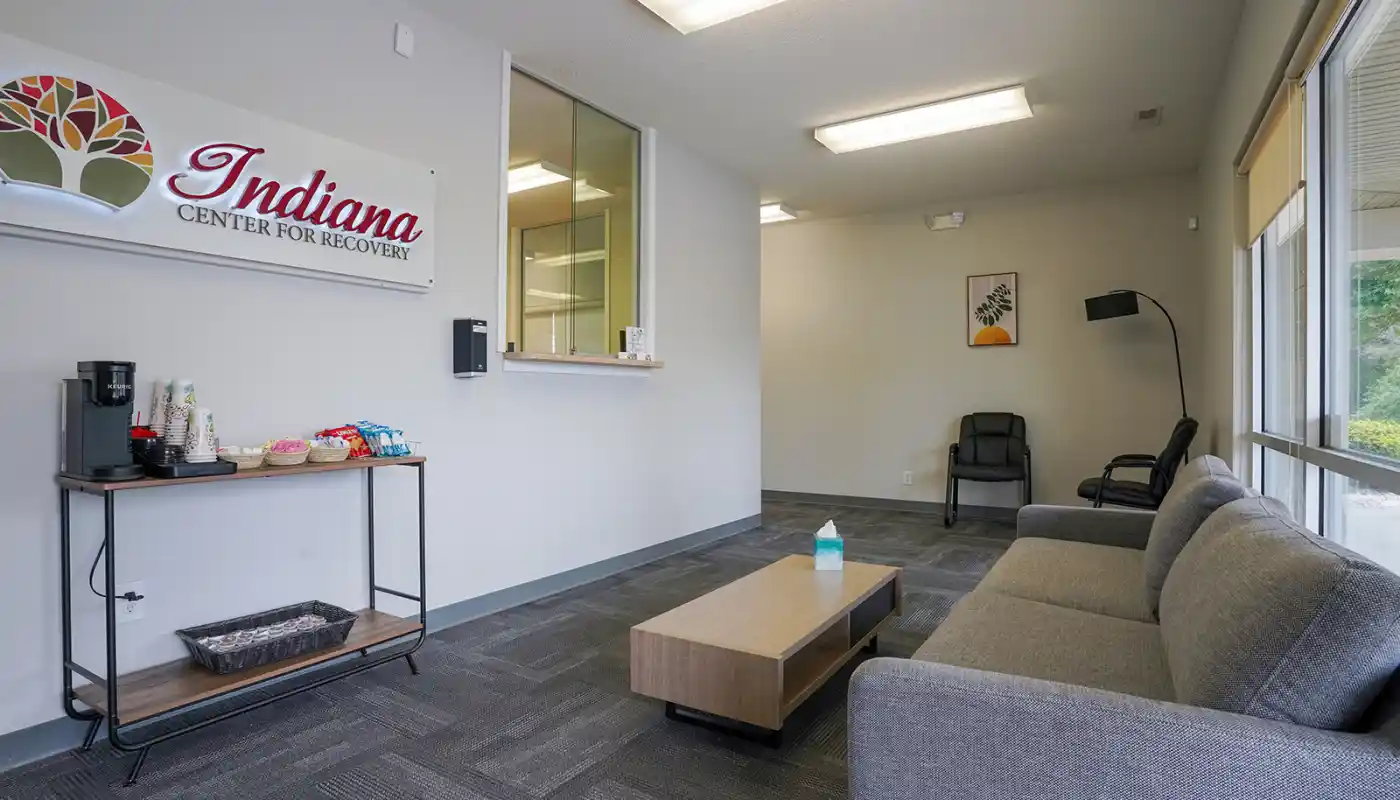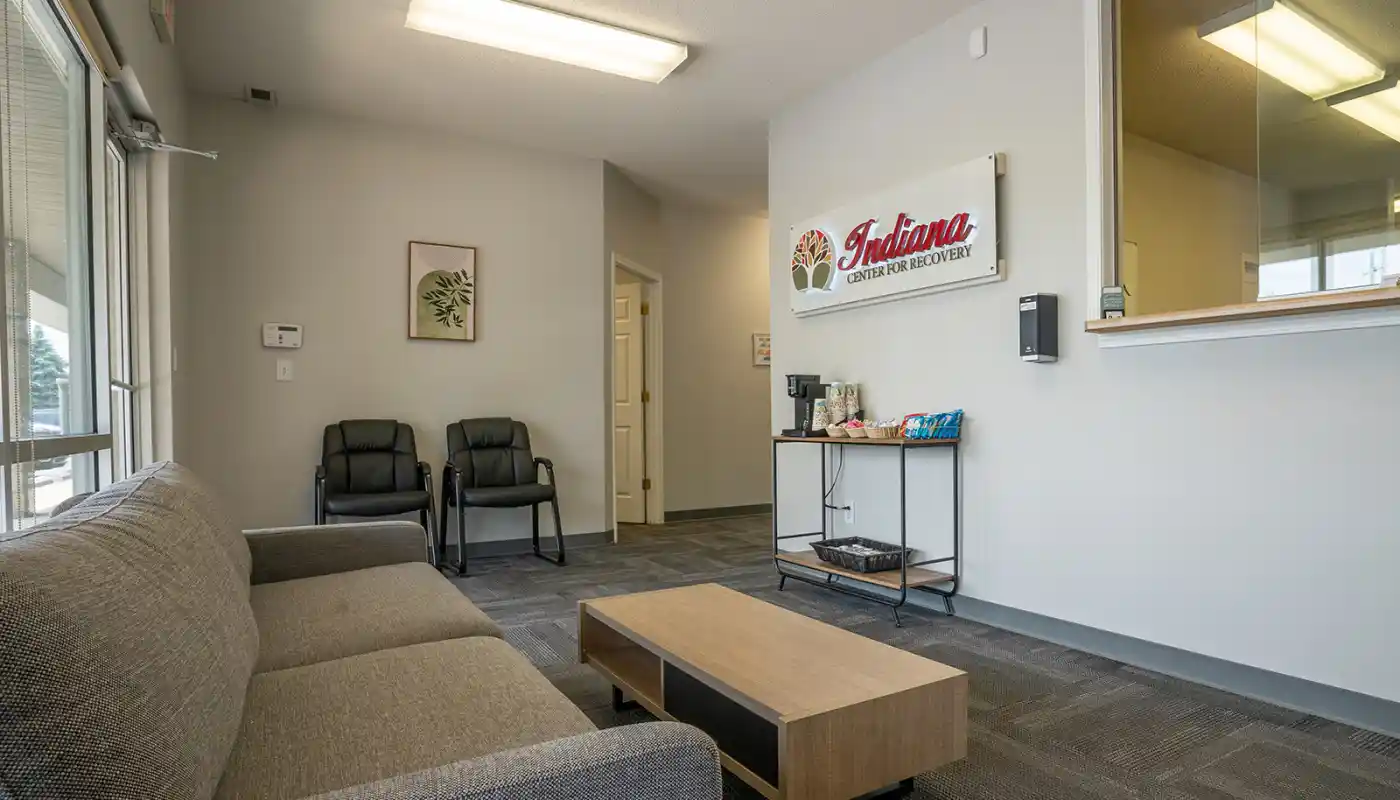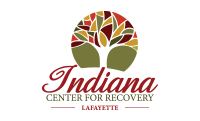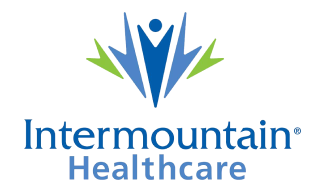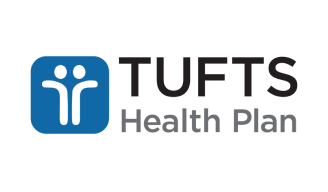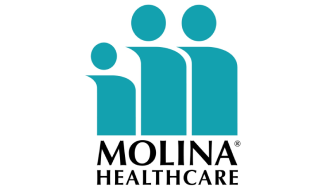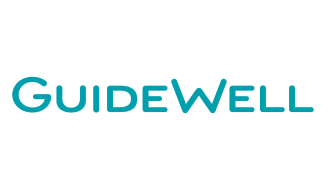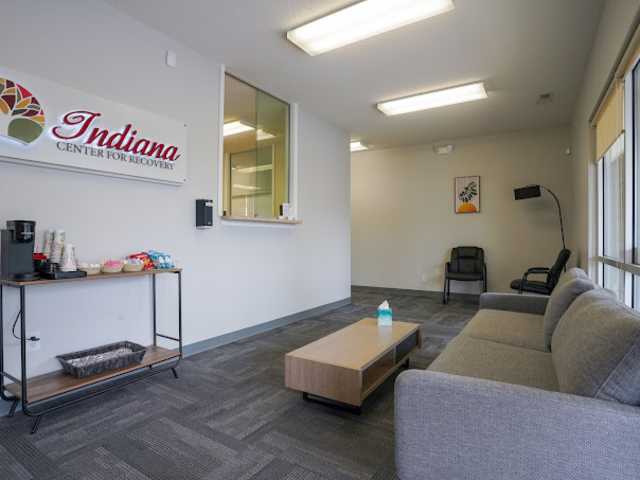Lafayette, Indiana, United States
Indiana Center for Recovery Lafayette
Verified
Verified
This provider’s information has been quality-checked by Recovery.com’s Research Team for accuracy and completeness, including center verification through appropriate third-party organizations.
Joint Commission Accredited
The Joint Commission accreditation is a voluntary, objective process that evaluates and accredits healthcare organizations (like treatment centers) based on performance standards designed to improve quality and safety for patients. To be accredited means the treatment center has been found to meet the Commission's standards for quality and safety in patient care.
Provider's Policy
Our insurance team verifies your coverage, benefits, and requirements to ensure medical necessity and minimize costs.
Estimated Cash Pay Rate
The cost listed here (Contact Center for Pricing) is an estimate of the cash pay price. Center pricing can vary based on program and length of stay. Contact the center for more information. Recovery.com strives for price transparency so you can make an informed decision.
About Indiana Center for Recovery Lafayette
Named one of America’s Best Treatment Centers for 4 consecutive years (2021–2024), Indiana Center for Recovery in Lafayette delivers compassionate, innovative outpatient care. Their Intensive Outpatient Program (IOP) bridges the gap between residential and traditional outpatient treatment by offering structured, evidence-based therapies while allowing clients to return home each evening. Upon arrival, clients are warmly welcomed with a facility tour, check-in by a behavioral health technician, and introductions to their care team. Treatment begins with a personalized plan that tackles the root causes of addiction through individual counseling, group therapy, and skill-building workshops.
Flexible Treatment with Holistic Support
The center offers tailored care to meet each client’s unique needs. Their dual-diagnosis program addresses both substance use and mental health conditions, while stand-alone services focus on either addiction or mental health. Comprehensive options include evidence-based therapies, Medication-Assisted Treatment (MAT), and medication management. IOP typically lasts 4–6 weeks, with detox lasting 1–2 weeks if needed. This holistic approach treats substance use and co-occurring challenges such as anxiety, depression, and PTSD, ensuring a dual-diagnosis focus that promotes both mental and physical recovery.
Recovery That Includes Your Family
Family involvement is a cornerstone of the program, with therapy sessions and resources designed to empower loved ones to actively support the recovery process. These services strengthen communication and relationships, fostering a supportive environment for lasting success.
Veteran-Centric Care
Veterans receive specialized care tailored to their unique needs, including GeneSight genetic testing to optimize medication effectiveness and minimize side effects. Combined with personalized counseling, therapy, and skill-building workshops, this evidence-based approach ensures lasting recovery and improved mental health.
Read More

Insurance Accepted
Provider's Policy:Our insurance team verifies your coverage, benefits, and requirements to ensure medical necessity and minimize costs.
Flexible Yet Intensive Care
The Lafayette IOP treatment bridges the gap between inpatient and outpatient treatment, providing a structured, full-day program while allowing clients to return home in the evenings. This flexibility supports recovery without disrupting work, school, or family commitments, making it ideal for individuals seeking a balance between intensive care and everyday life.
Personalized Care at the Root of Healing
Indiana Center for Recovery offers personalized outpatient care designed to meet each client's unique needs. Their programs focus on relapse prevention, evidence-based therapies, and mental health support, including mood stabilization and medication management. By tailoring treatment plans to individual goals, they provide compassionate care that helps clients build lasting recovery.
Rest Easy with Trusted, Experienced Staff
With over a century of combined experience, the team at Indiana Center for Recovery is made up of seasoned professionals dedicated to delivering exceptional care. Fully accredited by the Joint Commission, the facility upholds the highest standards in healthcare, ensuring clients receive top-quality treatment in a trusted and supportive environment.
Heal Together with Family-Centered Support
Lafayette’s IOP integrates family therapy and resources to educate and involve loved ones in the recovery process. Combined with accommodations for business, family, and school communications, the program prioritizes strengthening relationships and creating a supportive recovery environment both inside and outside the facility.

Center Overview
Estimated Cash Pay Rate
Men and Women
Men and women attend treatment for addiction in a co-ed setting, going to therapy groups together to share experiences, struggles, and successes.
Veterans
Patients who completed active military duty receive specialized treatment focused on trauma, grief, loss, and finding a new work-life balance.

Treatment Focus
This center treats primary substance use disorders and co-occurring mental health conditions. Your treatment plan addresses each condition at once with personalized, compassionate care for comprehensive healing.

Care Options






Treatment
Specializations
Personality Disorders
Personality disorders destabilize the way a person thinks, feels, and behaves. If untreated, they can undermine relationships and lead to severe distress.
Alcohol
Using alcohol as a coping mechanism, or drinking excessively throughout the week, signals an alcohol use disorder.
Anxiety
Anxiety is a common mental health condition that can include excessive worry, panic attacks, physical tension, and increased blood pressure.
Co-Occurring Disorders
A person with multiple mental health diagnoses, such as addiction and depression, has co-occurring disorders also called dual diagnosis.
Depression
Symptoms of depression may include fatigue, a sense of numbness, and loss of interest in activities. This condition can range from mild to severe.
Drug Addiction
Drug addiction is the excessive and repetitive use of substances, despite harmful consequences to a person's life, health, and relationships.
Opioids
Opioids produce pain-relief and euphoria, which can lead to addiction. This class of drugs includes prescribed medication and the illegal drug heroin.
Approaches
Evidence-Based
A combination of scientifically rooted therapies and treatments make up evidence-based care, defined by their measured and proven results.
Family Involvement
Providers involve family in the treatment of their loved one through family therapy, visits, or both–because addiction is a family disease.
Personalized Treatment
The specific needs, histories, and conditions of individual patients receive personalized, highly relevant care throughout their recovery journey.
Therapies
1-on-1 Counseling
Patient and therapist meet 1-on-1 to work through difficult emotions and behavioral challenges in a personal, private setting.
Meditation & Mindfulness
A practiced state of mind that brings patients to the present. It allows them to become fully aware of themselves, their feelings, and the present moment.
Trauma-Specific Therapy
This form of talk therapy addresses any childhood trauma at the root of a patient's current diagnosis.
Online Therapy
Patients can connect with a therapist via videochat, messaging, email, or phone. Remote therapy makes treatment more accessible.
Art Therapy
Visual art invites patients to examine the emotions within their work, focusing on the process of creativity and its gentle therapeutic power.
Couples Counseling
Partners work to improve their communication patterns, using advice from their therapist to better their relationship and make healthy changes.
Experiential Therapy
With this approach, patients heal by doing. Therapists help patients process difficult emotions to speak, using guided activities like art or dance.
Family Therapy
Family therapy addresses group dynamics within a family system, with a focus on improving communication and interrupting unhealthy relationship patterns.
Conditions We Treat
Pornography Addiction
A person with a porn addiction is emotionally dependent on pornography to the point that it interferes with their daily life and relationships.
Schizophrenia
Schizophrenia is a serious mental health condition that causes hallucinations, delusions, and disordered thinking.
Personality Disorders
Personality disorders destabilize the way a person thinks, feels, and behaves. If untreated, they can undermine relationships and lead to severe distress.
ADHD, ADD
ADHD is a common mental health condition caused by dopamine imbalance. Common symptoms include inattention, hyperactivitiy, and impulsivity.
Anger
Although anger itself isn't a disorder, it can get out of hand. If this feeling interferes with your relationships and daily functioning, treatment can help.
Anxiety
Anxiety is a common mental health condition that can include excessive worry, panic attacks, physical tension, and increased blood pressure.
Bipolar
This mental health condition is characterized by extreme mood swings between depression, mania, and remission.
Codependency
Codependency is a pattern of emotional dependence and controlling behavior. It's most common among people with addicted loved ones.
Depression
Symptoms of depression may include fatigue, a sense of numbness, and loss of interest in activities. This condition can range from mild to severe.
Substances We Treat
Alcohol
Using alcohol as a coping mechanism, or drinking excessively throughout the week, signals an alcohol use disorder.
Benzodiazepines
Benzodiazepines are prescribed to treat anxiety and sleep issues. They are highly habit forming, and their abuse can cause mood changes and poor judgement.
Co-Occurring Disorders
A person with multiple mental health diagnoses, such as addiction and depression, has co-occurring disorders also called dual diagnosis.
Cocaine
Cocaine is a stimulant with euphoric effects. Agitation, muscle ticks, psychosis, and heart issues are common symptoms of cocaine abuse.
Drug Addiction
Drug addiction is the excessive and repetitive use of substances, despite harmful consequences to a person's life, health, and relationships.
Ecstasy
Ecstasy is a stimulant that causes intense euphoria and heightened awareness. Abuse of this drug can trigger depression, insomnia, and memory problems.
Heroin
Heroin is a highly addictive and illegal opioid. It can cause insomnia, collapsed veins, heart issues, and additional mental health issues.
Methamphetamine
Methamphetamine, or meth, increases energy, agitation, and paranoia. Long-term use can result in severe physical and mental health issues.
Opioids
Opioids produce pain-relief and euphoria, which can lead to addiction. This class of drugs includes prescribed medication and the illegal drug heroin.
Aftercare
Experience
Activities
Professional Staff

Dr. Michael Kane
Medical Director

April Dralle
Director of Nursing

David Debruicker
Lead Therapist

Julia Compton
Executive Director
View More Team Members
We love hearing about your treatment experience
Help individuals and families seeking treatment by sharing your first-hand experience with this treatment provider. Review Guidelines.







